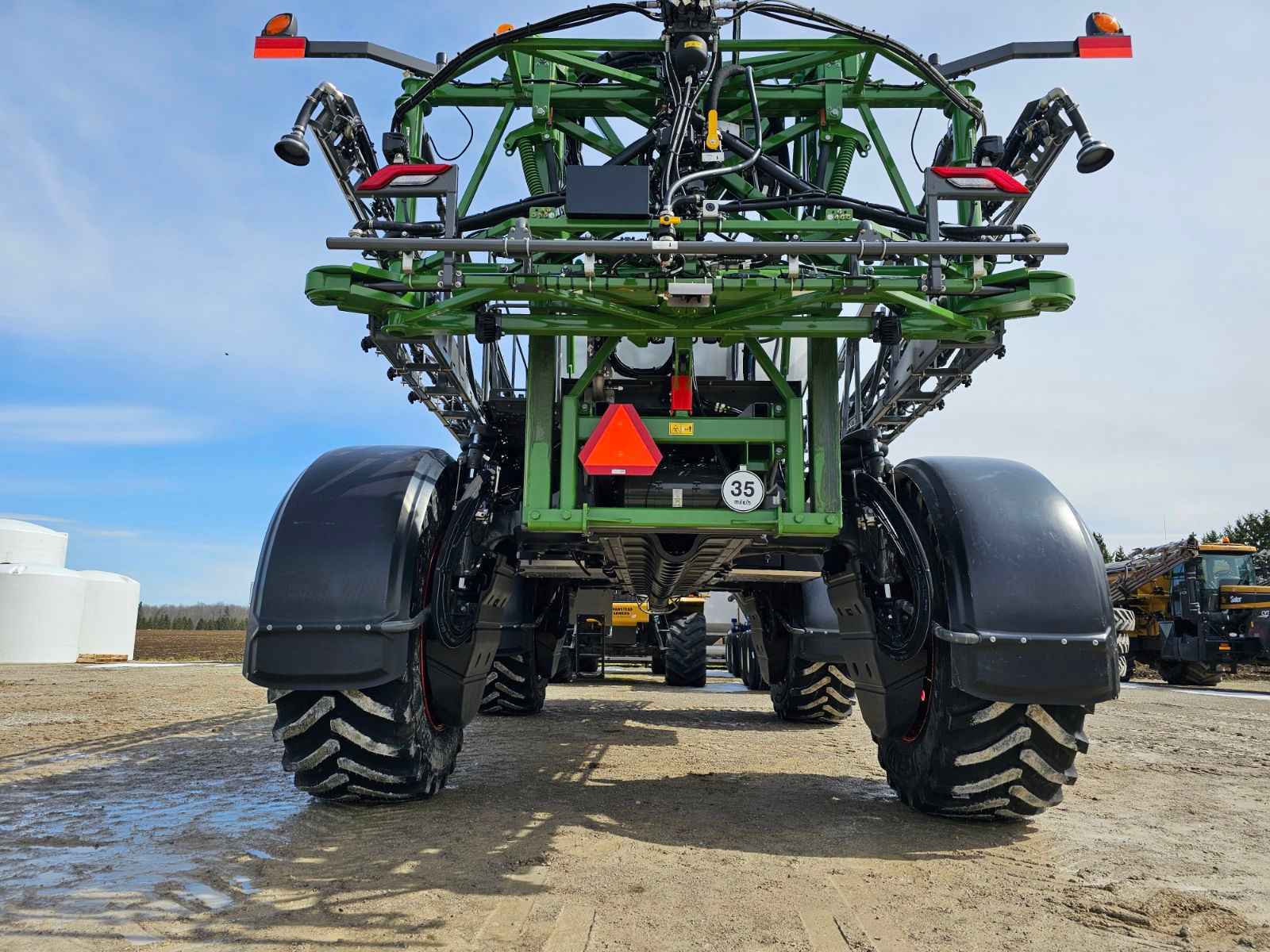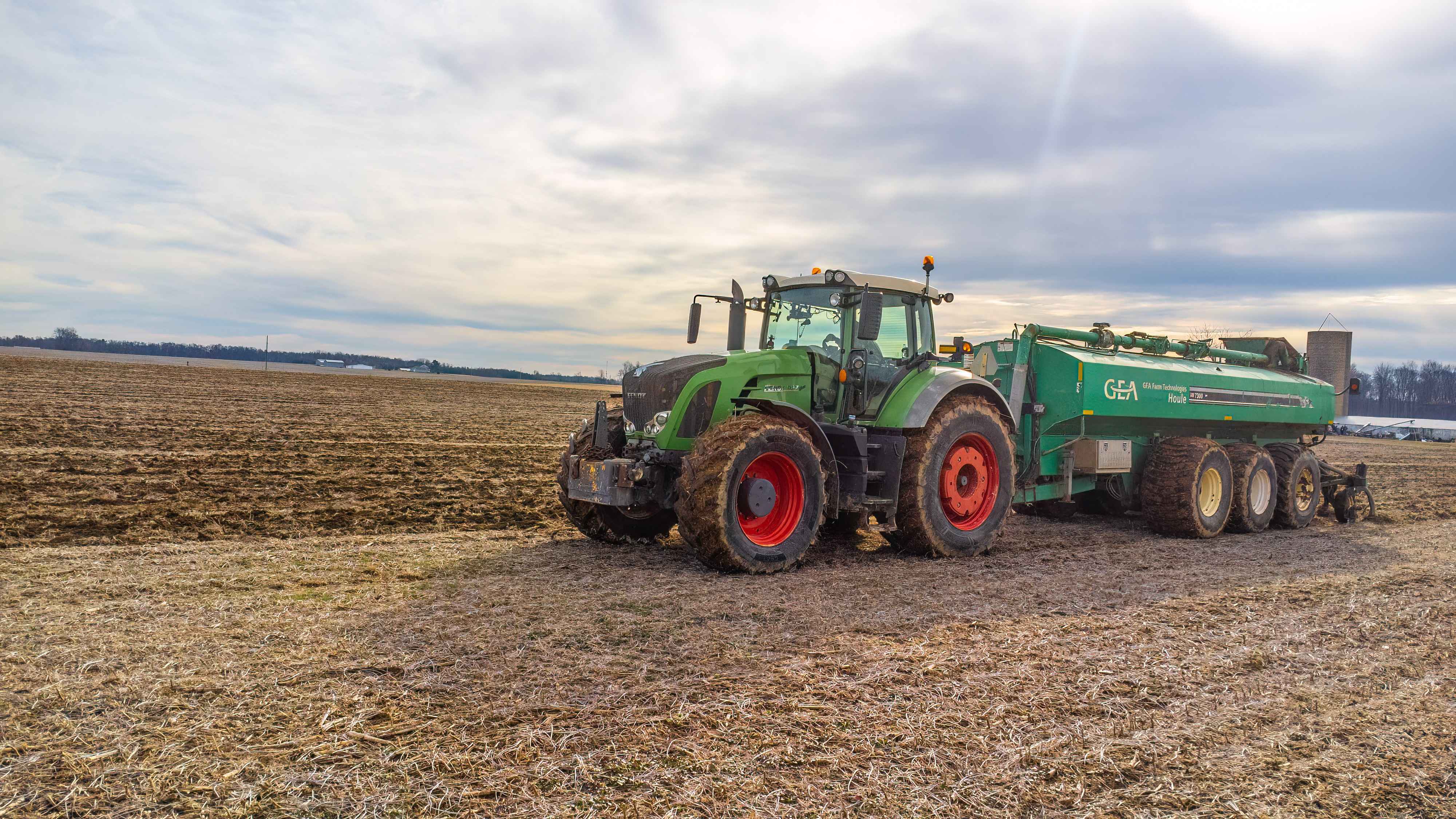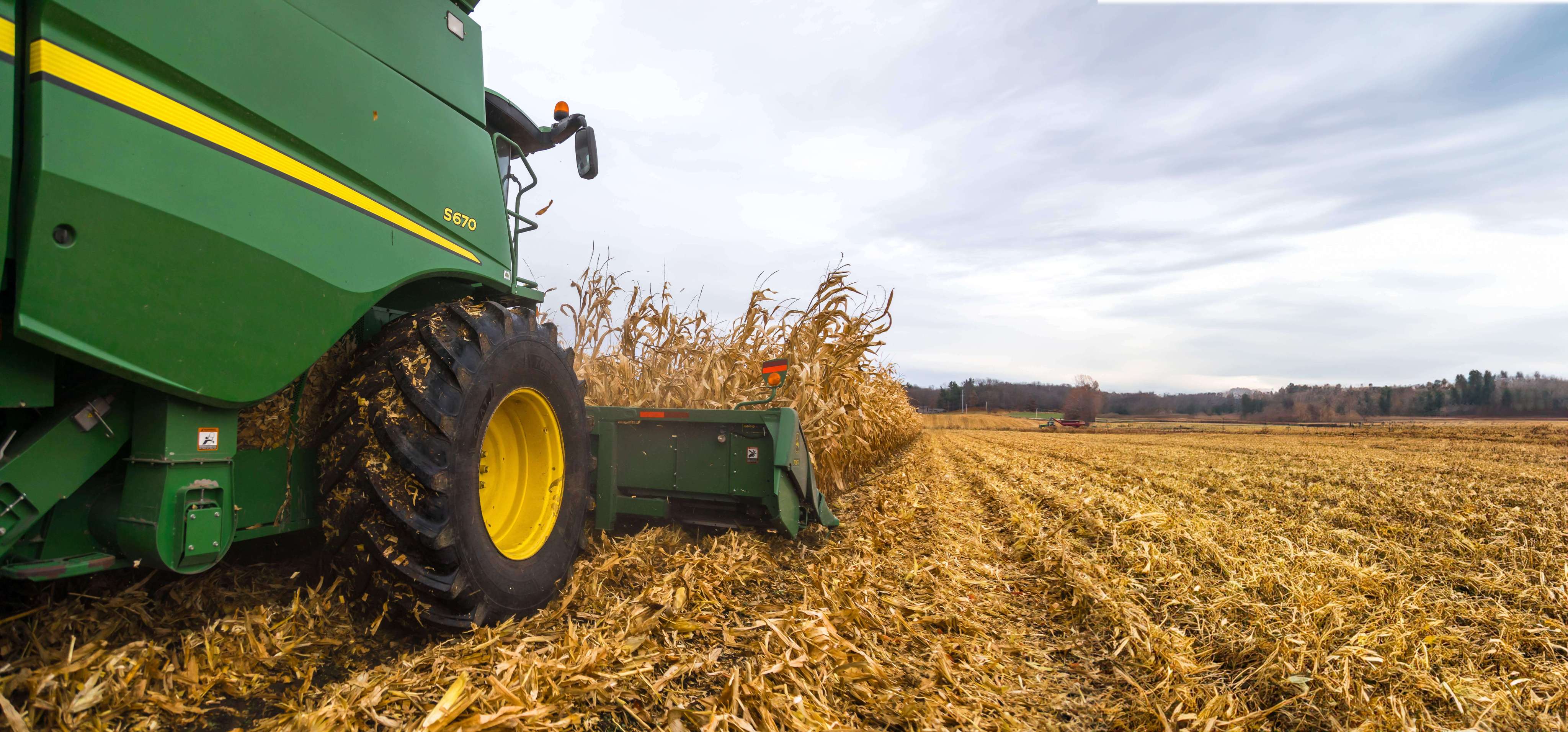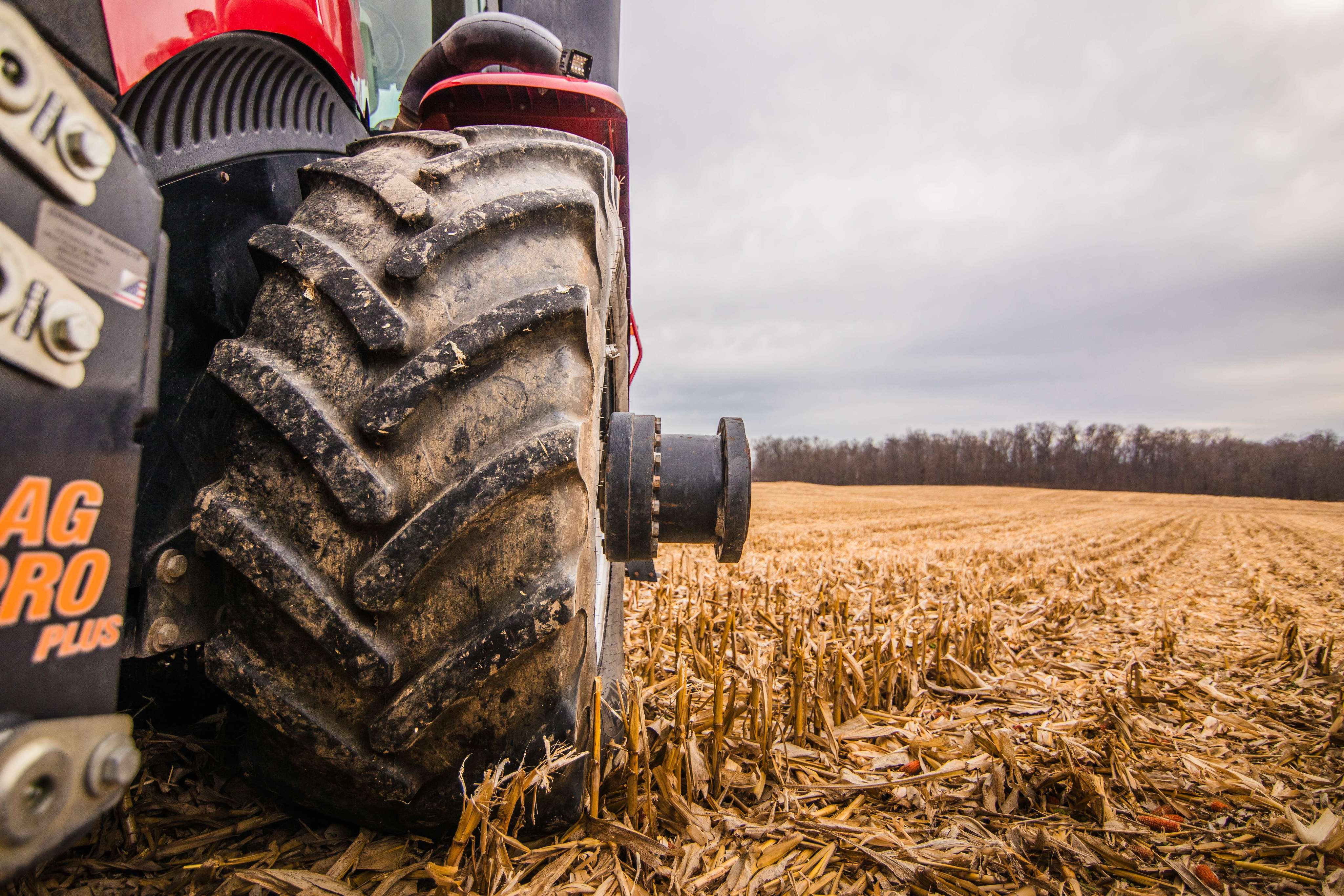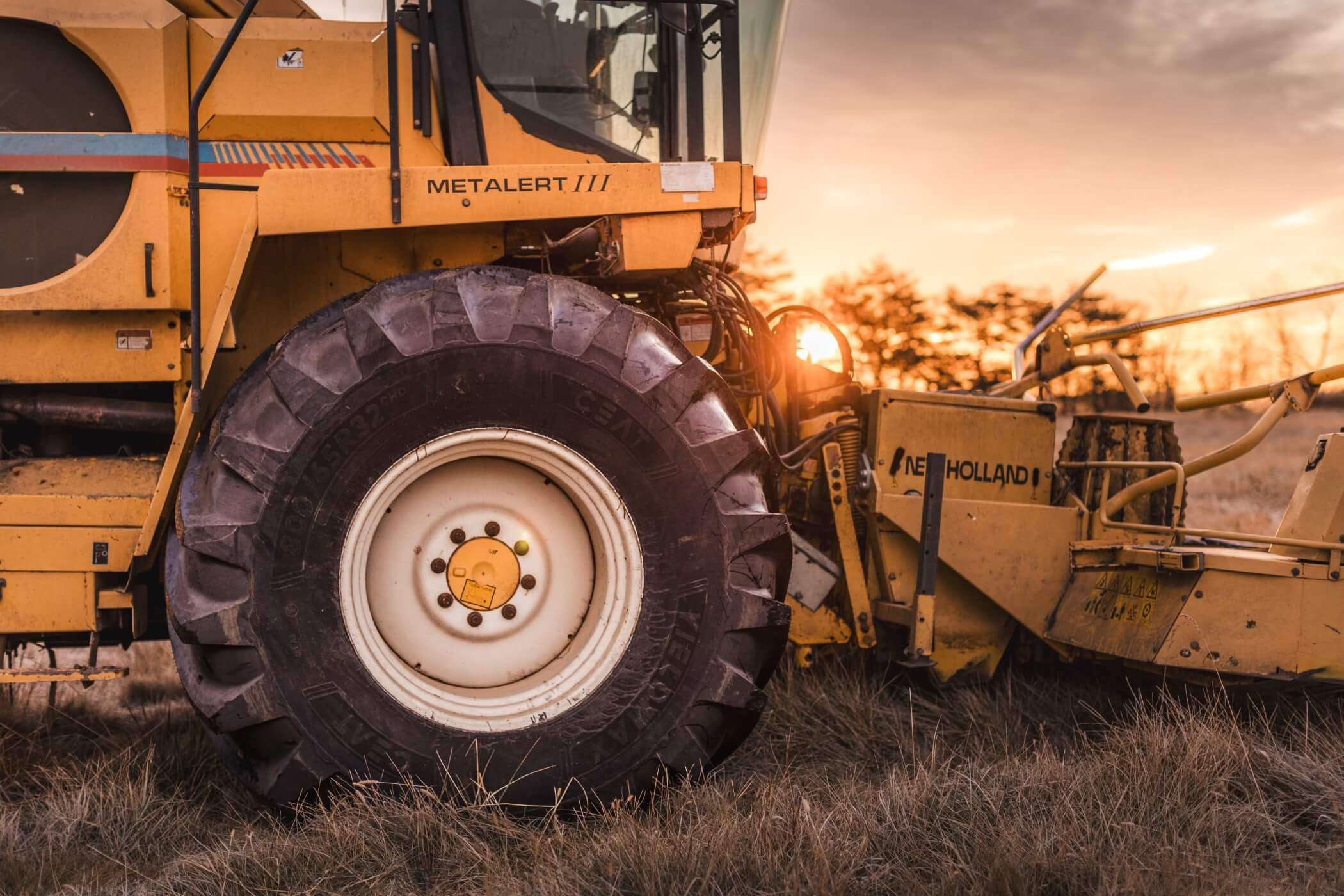ceat-speciality:blogs-tags/all,ceat-speciality:blogs-tags/tire-advice
The Importance of Choosing the Right Farm Tractor Tires
Mon, 29 May 2023 | PRODUCTS
Farmers must make many critical choices to achieve success, and there are so many factors out of their control such as the weather. One important decision totally in their control and critically important to farm profitability is choosing the right farm tractor tires.
In this blog post, we will give you tips and insights from CEAT Specialty Tires to help you choose the right Ag tire for your farm.
Tread Pattern
One very important consideration is the tire tread pattern. The tread pattern needs to match the terrain and soil conditions on
your farm. For instance, if you use your tractor on uneven and rough terrain, an R-1W tire, such as the CEAT TORQUEMAX, with a deep and aggressive tread pattern is perfect. The tread depth of an R-1W tire is at least 20 percent deeper than the same sized R-1 tire; this extra deep tread also comes in handy when dealing with muddy conditions and clay-type soils. For flat and even terrain, a R-1 tire with a less aggressive tread pattern may be more appropriate; your tire dealer can provide guidance on this decision.
Load Capacity
Load capacity is another significant factor to pay attention to when choosing agricultural tires. The tire’s load capacity must be able to support the weight of your equipment and the load you carry. To find the load capacity of a tire, you can refer to the Load Index Chart. The higher the load index number, the greater the load capacity of the tire.
Weather Conditions
Weather conditions also play a significant role when choosing agricultural tires. For instance, if you live in an area with heavy rainfall, mud, or snow, you need tires that can handle the wet and slippery conditions, like the CEAT TORQUEMAX. The CEAT TORQUEMAX features a tilted lug tip that reduces vibration and noise. A higher angle and lug overlap at the center provides better roadability, and the lower angle at shoulder gives superior traction. The rounded shoulders ensure lesser damage to soil and crops. A wider tread and larger inner volume reduce soil compaction, and the R1-W tread depth ensures longevity of the tires. On the other hand, if you live in a dry and hot climate, you need tires that can handle the heat and dry soil.
Durability and Longevity
You need to choose tires that have good durability and longevity. A tire that wears out quickly would mean frequent replacements, which ultimately results in more expenses.
CEAT Specialty Tires has been supplying Ag tires, such as the FARMAX tractor tire line, to North American farmers for five years now – long enough to truly assess their durability and tread wear.
Brent Sisson, Agricultural Tire Specialist for Tirecraft Sarnia in Ontario, Canada, says it takes him about four years to truly evaluate an Ag tire brand. He’s been selling CEAT farm tires for four years now is all in!
“For myself, it’s about a 4-year process before I can feel confident in telling my customers I have confidence in a product,” Sisson notes. “I must see it first-hand with known comparisons. CEAT is one brand that has surpassed my requirements. They provide a high quality, precision product. We have had lots of excellent customer feedback.”
Total cost of ownership — Farm tractor tires are a significant investment, but don’t be penny wise and pound foolish! Buying the cheapest Ag tire could quite likely cost you more in the long term. Likewise, opting for the farm tire with the highest acquisition price is not a guarantee that you are getting good value. CEAT delivers long tread life, good performance in the field and on the road, and durability at an “honest” price . . . or in other words, a low cost of ownership.
According to CEAT Specialty CEO Amit Tolani, “CEAT’s mission is to offer high quality tires at a better value to America’s farmers and ranchers.” By all accounts, the company is accomplishing that mission.




